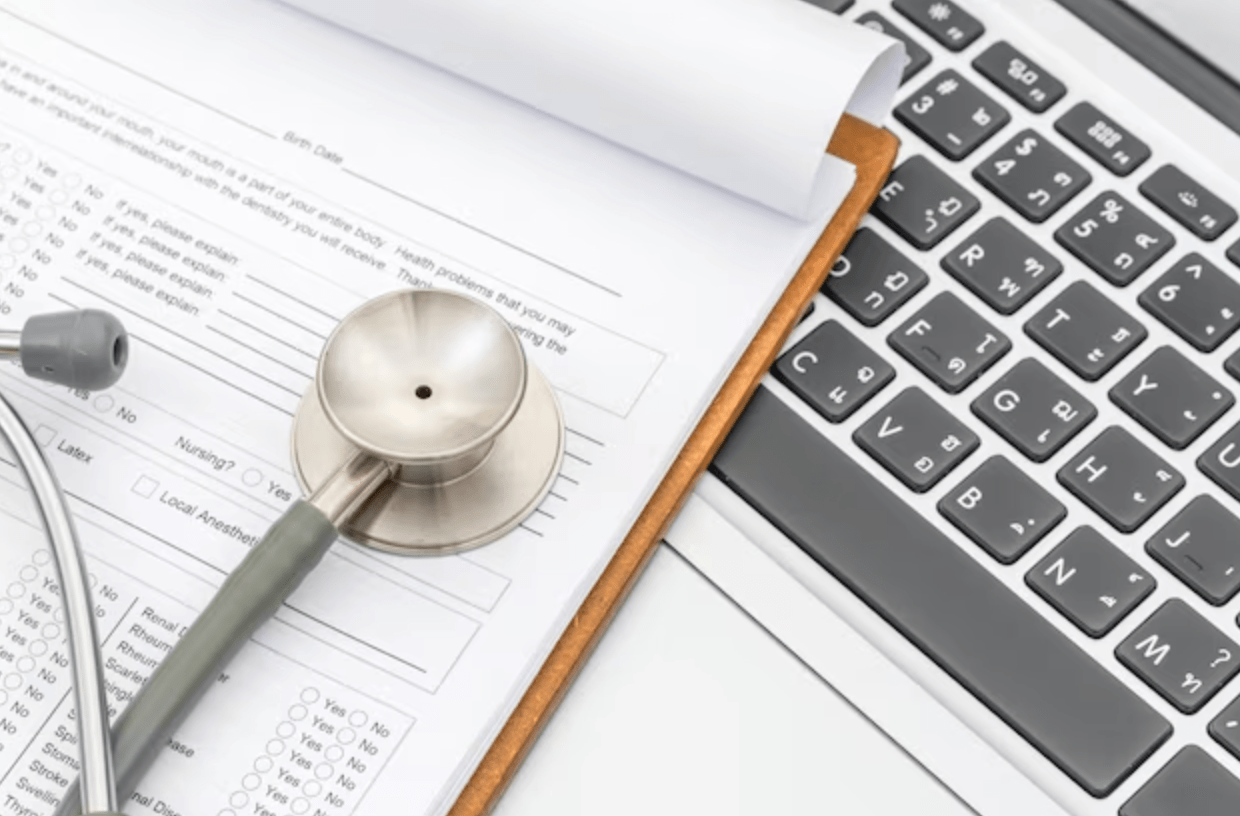Healthcare fraud poses a significant threat to both individuals and the healthcare system at large. With the ever-increasing complexity of the healthcare industry, fraudsters find new and creative ways to exploit vulnerabilities. Protecting yourself against healthcare fraud is not only crucial for your financial well-being but also for maintaining the integrity of the healthcare system. This post looks at the common types of healthcare fraud and provides practical tips on how to shield yourself from falling victim to these schemes.
Understanding Healthcare Fraud
Healthcare fraud can manifest in various forms, including billing scams, prescription fraud, identity theft, and unnecessary medical procedures. Fraudulent activities may involve healthcare providers, insurance companies, or even individual consumers. Recognizing the signs and understanding the common tactics used by fraudsters is the first step in protecting yourself. If you find yourself caught up in a healthcare fraud case, you will need an experienced health care fraud attorney on your side.
- Stay Informed
Knowledge is a powerful defense against healthcare fraud. Stay informed about your insurance coverage, understand the terms and conditions, and review your statements regularly. Familiarize yourself with the typical cost of medical services and medications so you can quickly identify any discrepancies.
- Protect Personal Information
One of the most common ways fraudsters operate is through identity theft. Safeguard your personal information, such as your Social Security number, health insurance ID, and other sensitive details. Only share this information with trusted healthcare providers and insurance companies. Be cautious of unsolicited calls or emails requesting personal information and verify the legitimacy of any communication before responding.
- Scrutinize Medical Bills and Statements
Thoroughly review your medical bills and insurance statements for accuracy. Look for any services or medications you did not receive, double-check dates and amounts, and verify that the provider information matches your actual healthcare visits. Report any discrepancies immediately to your insurance company.
- Be Skeptical of “Free” Services
Beware of offers for free health services or equipment. Fraudsters may use these schemes to gather your personal information or bill your insurance for unnecessary services. Verify the legitimacy of such offers with your healthcare provider or insurance company before accepting any services.
- Choose Reputable Healthcare Providers
Research and choose reputable healthcare providers. Verify the credentials of doctors, hospitals, and clinics before seeking their services. Check online reviews and testimonials, and ask for recommendations from friends or family. Reliable healthcare providers are less likely to engage in fraudulent activities.
- Monitor Prescription Medications
Keep a record of your prescription medications and be aware of any changes in your prescribed drugs. If you receive medication that looks different from what you expect, consult your pharmacist or healthcare provider immediately. Prescription fraud can have severe consequences on your health, so it’s crucial to stay vigilant.
- Report Suspected Fraud
If you suspect any form of healthcare fraud, report it promptly. Contact your insurance company, the healthcare provider involved, and, if necessary, law enforcement agencies. Reporting fraud helps protect not only yourself but also the broader healthcare community.
Protecting yourself against healthcare fraud requires diligence, awareness, and active participation. By staying informed, safeguarding personal information, scrutinizing medical bills, choosing reputable providers, and reporting suspected fraud, you can significantly reduce the risk of falling victim to fraudulent activities. Remember that healthcare fraud not only impacts individuals but also contributes to rising healthcare costs and compromises the quality of care for everyone. By taking these proactive steps, you contribute to a more secure and trustworthy healthcare system for yourself and future generations.









